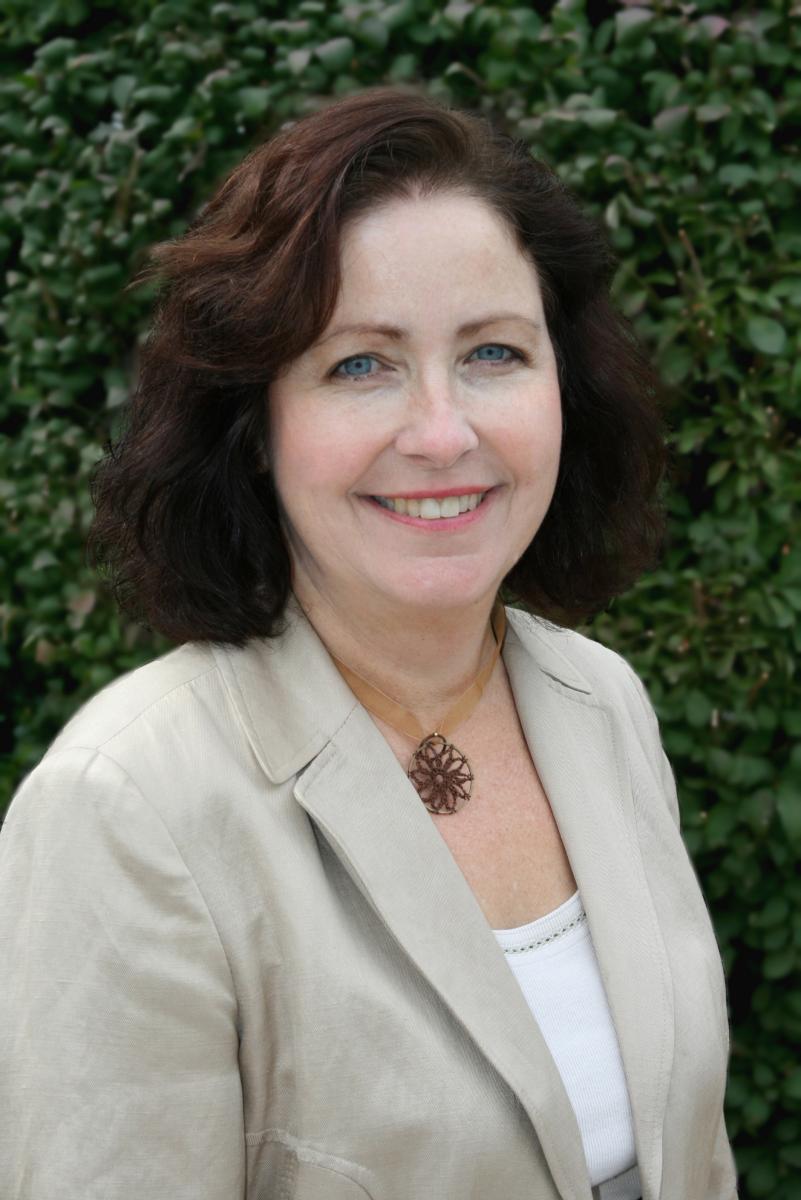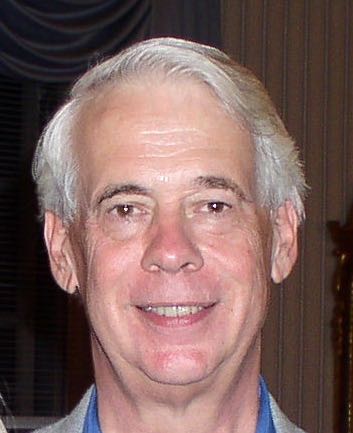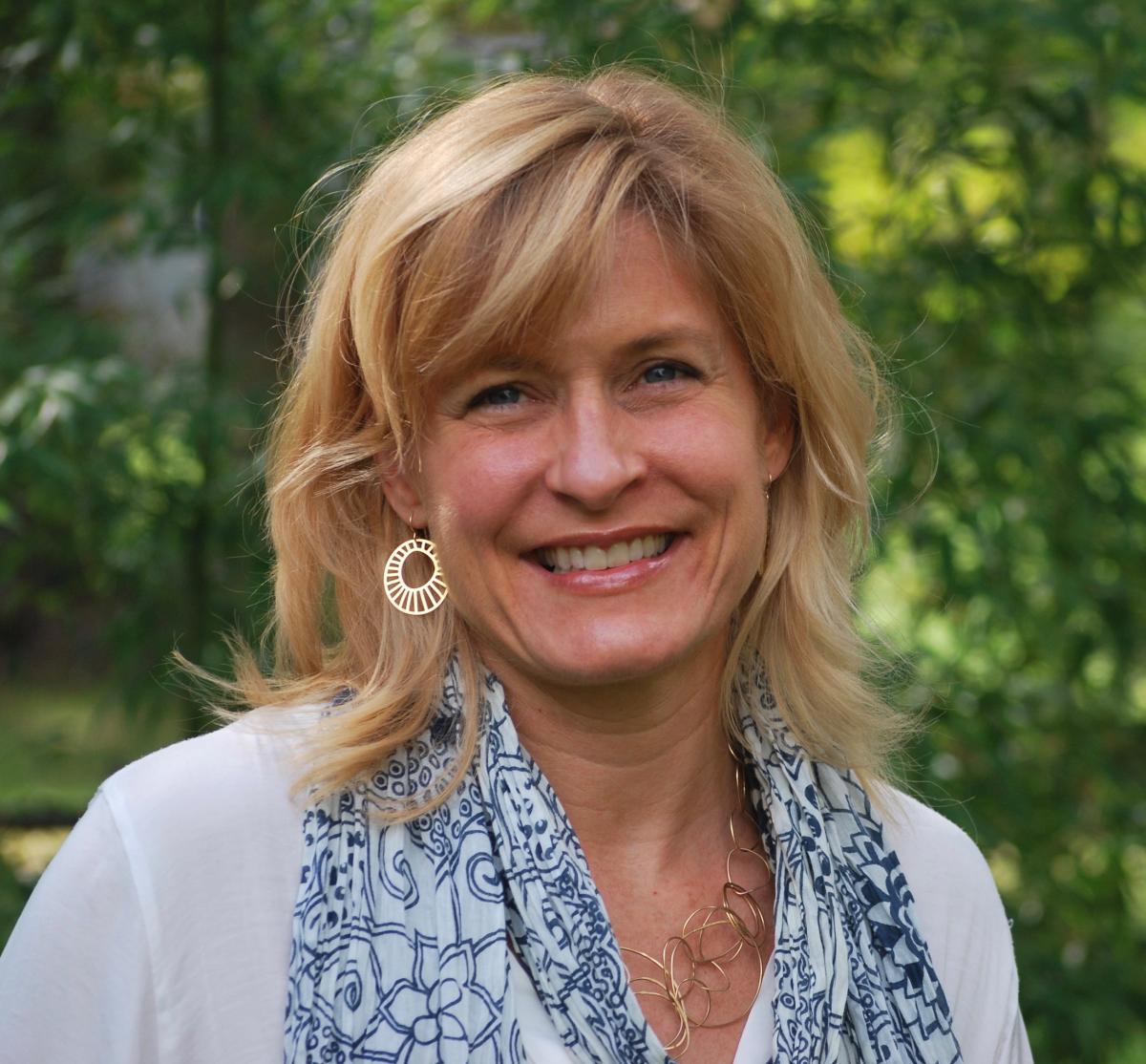Chapter SIG Activities & Events
Chapter SIG Activities & EventsChapters & SIGs have many possible activities available to them.
The most important thing about "activities" is to simply agree on a goal that is important to your members, form a plan, and execute it.
Start small and work your way up to larger goals....or not.
Here are a few suggestions. Also, there are several videos linked at the bottom of this page that you should check out!
-
Serve as a hub for information relevant to your interests. You can use your space on the ACBS website to store information as text, attachments, videos, and pictures.
-
Distribute a newsletter amongst your group (even if only on a semi-annual or annual basis).
-
Compile a directory of your group member’s information, and distribute it amongst your group. (with everyone's consent to do so)
-
Host social networking events -- such as an ACT film night or cocktail party.
-
Organize symposia or panel discussions; for the ACBS World Conference, or for regional ACBS conferences. World Conference submissions can be formally sponsored by SIGs or Chapters, which makes them more likely to be accepted, and this sponsorship is listed in the program.
-
Suggest possible invited speakers to the ACBS conference program chair or committee.
-
Create a recommended readings list with an annotated bibliography. Make recommendations of readings for different skill-levels – clients, general public, undergraduate, graduate, professional. Post them on the website or distribute them to members.
-
Cooperatively prepare a paper or text for publication.
-
Give recognition or an award to an individual, business, or organization who is advancing CBS in your area.
-
Start a weekly or monthly peer-supervision group for research and/or clinical topics.
-
Organize training events such as workshops and lectures. (video examples)
-
Organize a training webinar - Request to use the ACBS Zoom account with translated captions.
-
Outreach to local Universities and make your members available for ACT, RFT, CBS, lectures, workshops, etc.
-
Create a reading group, where you pick books or articles to read and discuss together.
-
Engage in legislative activism. Write letters to governmental representatives to inform them of your interests in relation to their activities.
-
Network leaders in fields related to your interests who are not ACBS members.
-
Host a "Brown-bag lunch" meeting (where everyone brings their own lunch/dinner), with a guest speaker or guided discussion.
-
Apply to relevant organizations for CE status (the ability to grant CE credits to attendees at your training events)
-
Apply to ACBS for co-sponsored CE psychologist credits for your training events
-
Raise funds at activities in your area for ACBS Diversity, Equity and Inclusion or Developing Nations activities.
-
Sponsor a listserv.
-
Co-sponsor an activity already happening to spread the word about the chapter and support local CBS activities. (video example)
-
Plan a local CBS conference (multi-speaker, multi-day, multi-event)
-
Video discussion of local conference planning
Chapter/SIG World Conference Submission Sponsorship
Chapter/SIG World Conference Submission SponsorshipWhat is Chapter/SIG World Conference Sponsorship?
The "sponsorship" means that the Chapter/SIG members or leadership have put their support behind a presentation, as a quality representation of work in their field of study (SIG) or geographic area (Chapter). It means that the Chapter/SIG has reviewed and approved (and in some cases "spurred" the creation of) the submission. These can be any type of oral submission (paper, panel, etc.) or poster.
The Program review committee takes this information and gives those submissions extra consideration, because a group (Chapter or SIG) has already reviewed/approved the submission. Sponsorship does not guarantee acceptance of any particular submission.
Sponsorship also allows the particular SIG or Chapter to direct its members to items of interest while at the World Conference, which is a service given the complexity of our programs.
Sponsored submissions accepted for presentation will include "Sponsored by xxx SIG/Chapter" in the conference program, app, and online.
What do I need to know if I am submitting a session that has been sponsored?
If you would like to reach out to a Chapter and/or SIG for sponsorship, you will find contact information for each Chapter here and each SIG here.
The person who submits that particular session to the conference would indicate the sponsorship at the time of submission.
SIG and Chapter sponsored submissions receive more consideration than other submissions to the conference (as they have had a review and approval), but they are not guaranteed acceptance.
Presentations may be "co-sponsored" by more than one SIG/Chapter (usually for a "cross-over" topic).
What do Chapters and SIGs need to know?
SIGs and Chapters can each sponsor up to 3 oral presentation submissions (submitters indicate sponsorship while submitting). The method of review of your sponsored submissions is up to the individual SIG or Chapter, but we encourage you to involve your community, have a review process, and select submissions that you would like to support due to their quality and relevance to the Chapter or SIG’s mission.
If ACBS receives more than 3 submissions indicating sponsorship from one SIG/Chapter, the SIG/Chapter will be informed of the titles so that they can confirm which were sponsored.
Please use your sponsorship wisely to help the Program Committee and draw their attention to quality submissions in your area/topic. Again, this does not guarantee acceptance, but does lend the submission to extra consideration.
There is no further commitment by the Chapter or SIG beyond their initial review and agreement to "sponsor".
Need ideas for how to review sessions?
Use your SIG/Chapter listserv to recruit reviewers. Create a google form (or other submission method) to collect titles, author names, and draft abstracts, by 20 January (or 1 Feb., whatever timeline you can support), then review and notify submitters by 7 Feb. so that they have plenty of time to submit their session, with sponsorship, on the ACBS website.
Another idea is to craft a panel using your listserv. Email the listserv asking for cutting-edge ideas (relevant to your SIG) that would make for a good panel discussion at the conference and assign someone to chair it and recruit appropriate panelists.
Co-sponsor an activity - Video
Co-sponsor an activity - VideoSusie McAfee of the Atlantic Canada ACBS Chapter shares her chapter's launch and first event.
Graduate Student Training Program
Graduate Student Training Program

 Mid-Atlantic Chapter of ACBS (MAC-ACBS): Changing Their Corner of the World
Mid-Atlantic Chapter of ACBS (MAC-ACBS): Changing Their Corner of the World
In January, 2017, during one of the Chapter & SIG Committee’s fantastic Virtual Roundtable webinars, Miranda Morris, past-president of the Mid-Atlantic Chapter of ACBS, shared a success of their chapter: The Graduate Student Training Program
In an effort to fulfill their mission to help spread CBS, the MAC leadership decided to reach out locally and contact graduate programs at universities in their area. They formed a Graduate Training Committee to serve this purpose. The first year, the committee emailed 30-40 directors of clinical training programs. They offered to come to their university and provide a free introductory workshop in CBS (primarily ACT). These workshops ranged in length from 90 minutes to 4 hours.
Of the 30-40 programs initially contacted, 3 invited the MAC to conduct trainings the first year. Miranda Morris, Chris Wemple, and Staci Martin volunteered their time to conduct these trainings. The student response was extremely positive, and the MAC presenters were invited to come back again to do additional training.
Over the past 6 years, the MAC has continued to reach out to local graduate programs, internship programs and even group practices in the area (they send announcements about their free workshops roughly twice per year). Thus far, they have trained in 8 graduate programs, 2 internship programs, and 4 groups practices. Student interest at one of these programs, American University, was so high that the university has since begun to offer an ACT/DBT track for their Ph.D., students. At another university with no ACT track, two students requested ongoing training in ACT outside their program-- Chris Wemple volunteered to provide individual consultation to the students and has now been doing so for 2 years.
When MAC trainers present, they keep their goals modest. They don’t expect participants to become proficient in ACT or any other CBS model; the goal is to spark interest. It isn’t possible to cover material in depth in a single training, so the trainers focus on presenting the basics and making the experience memorable. To that end, trainers emphasize teaching metaphors and interventions that can be employed immediately (e.g., Tug of War with thoughts; “Milk, milk, milk”; “Don’t think about a pink elephant”). The students that MAC trains come from a broad range of theoretical disciplines, so trainers emphasize that ACT is an integrative model. Students have reported that they appreciate being able to walk out of workshops with strategies they can try out immediately.
The graduate training program has produced benefits for the MAC chapter as whole and for the trainers as individuals. MAC-ACBS has grown substantially and has gained many student and university-affiliated members. The chapter and ACBS are increasingly well known in the community. Perhaps most significantly, the trainers who started out working only with graduate students and interns are now much more effective trainers. As a result, MAC trainers now regularly conduct CE credit workshops for professionals. Two trainers are preparing to submit their applications to become ACT peer reviewed trainers. Two others expect to do the same with the next year. In all, the graduate student outreach program has been a win-win for all involved.
Congratulations MAC-ACBS!
Organize an Event - Video
Organize an Event - VideoDavid Gillanders from the UK & Ireland Chapter talks about organizing a conference.
Francis LeMay talks about the Quebec ACBS Chapter's executed event.
Reading Group (Book Club)
Reading Group (Book Club)Book Club Advice from the Social Work SIG
Notes from the 2018 Social Work SIG book club
- For our book club, we put out an announcement on the Social Work Sig list serve and approximately 20 people signed up. There was rapid churn and that number decreased very quickly. However, after a few meetings we held steady at approximately five regular attendees. This was good and we became quite close.
- I think zoom is probably the best platform. However, someone needs to have a paid access to Zoom, otherwise you time out after 45 minutes. So we used Google Hangouts. A few people struggled with knowing how to access the Hangout, and I was of very little help with that.
- Book club attendees seemed to be very interested in discussing clinical questions. As a result, Kelly Wilson’s Mindfulness for Two generated a lot of great conversations.
- Not everyone in attendance was always able to read the full assigned chapter, but that didn’t seem to diminish the quality of our conversations.
- I tried asking some “study questions.“ I didn’t think that went very well as I expected.
- It’s no surprise that good planning and execution is helpful. Although I strongly prefer self-organizing groups where members think of themselves as co-owners of the group rather than customers of the group. I don’t mind a bit of messiness as we find our way. But others may feel differently.
- It’s worth putting thought into who the intended audience is. It’s natural for the experienced members to play a teaching role, but that can unintentionally keep the discussion at an intro level. Conversely, new comers may not hang around if the focus is too advanced.
- Find others willing to chip in and help do whatever needs doing. It makes the work more meaningful and more fun!
Notes from the 2019 Social Work SIG book club
We are doing a new format this year. The Social Work SIG has an RFT group going on right now. People read Learning RFT, then upload comments and notes to a Google Drive each week. Then everyone meets after about a month of doing this. It keeps them accountable, but they don't have to meet regularly.